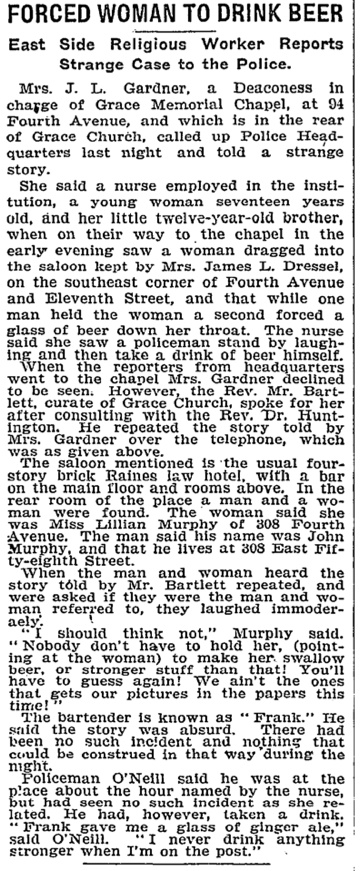
Photo from the Chicago Tribune. The caption on the Trib site doesn’t give the location, but I’m pretty sure this is looking north up the southbound lanes of Lake Shore Drive near McCormick Place, which burned the morning the storm started. Note the railroad on the left–the Illinois Central.
A nice touch on the Chicago Tribune’s website: a 24-frame slideshow of the big snow of 1967. (See it here: Worst snowstorm in Chicago history). That was our generation’s blizzard, a snowfall so enormous that it defied imagination even as you watched it happen. The official total for January 26-27 was 23 inches. We got a couple feet where we lived, just outside Park Forest. The storm started on a Thursday morning; we went to school despite the heavy snow that was already falling and were hustled back home at midday as the district realized its buses might not be able to get all the kids back home as the snow piled up. As it was, some students were stranded in schools and some had to seek shelter along the road as buses were marooned. The domed roof of the high school gym, a local oddity or marvel depending on your point of view, collapsed. My dad was stuck at work in the city for two days and had to hoof it back home from the Illinois Central train station in Richton Park along three miles or so of unplowed roads. We were out of school for about 10 days, at first because the roads were impassable in our mostly rural school district (Crete-Monee District 201-U) and then because the heating plant at the high school failed. The experience was so total, so completely diverting, that the major news that swept the nation at the same time–the deaths of the first three Apollo astronauts in a launch-pad fire in Florida–made only a brief impression. And it kept snowing after the blizzard, too, and for a while the winter of ’66-’67 stood as the snowiest in the city’s history. The Park Forest Plaza, our local proto-mall, had piles of plowed up snow that didn’t melt completely until–well, I want to say May.
Other links:
Caught on film: How Chicago dealt with the big snow 44 years ago (WBEZ)
The Chicago Blizzard of 1967 (Chicago Tribune)
The Blizzard of ’67 (Unknown Chicago)
The Great 1967 Chicago Blizzard (WTTW, via YouTube)
The Great Chicago Blizzard of 1967, 44th Anniversary (Chuck’s Adventures)

